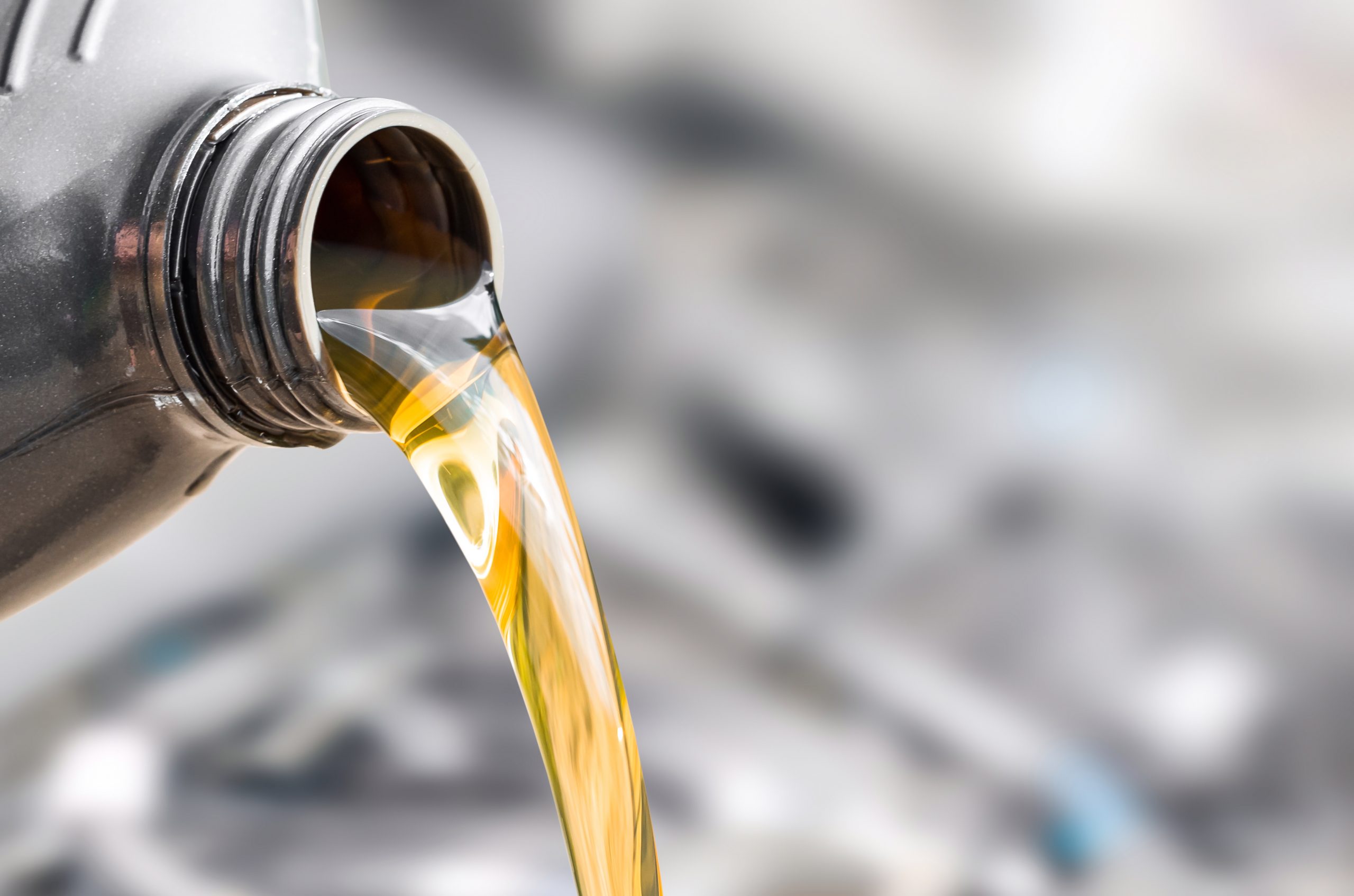By Oskar Song Hauming
Do you know that it is common to find minute traces of mineral oils in your processed food products? Contamination with mineral oils can occur at any stage of food processing, from harvesting, processing ingredients, and even during packaging. During the processing stages, machinery lubricants sometimes seep into food products.
Processing of all vegetable oils such as canola, soybean, and Palm Oil will have mineral oil contaminants if there aren’t any proper precautionary measures and handling procedures.
Machinery lubricants are often Mineral Oil Hydrocarbons (MOH), chemical mixtures of Mineral Oil Saturated Hydrocarbons (MOSH) and Mineral Oil Aromatic Hydrocarbons (MOAH).
Some of these substances accumulate in the human body, potentially affecting the health of the consumers. The potential health impact of MOH has been inconclusive, and findings seem to suggest that its chemical components (MOSH and MOAH) may be carcinogenic (cancer-causing) and can affect the liver.
There is no legislation regarding MOH contaminants in food products. However, Musim Mas has received customer requests to lower MOH levels due to potential health concerns, given the active discussions in Europe to regulate the levels of other contaminants found in edible oils.
Since 2018, our operational team has embarked on rigorous process optimization reviews; evaluating the logistics, machinery and Refining processes to lower MOH levels. The team has been able to deliver according to customer requirements by identifying several contaminant sources early in our manufacturing processes. For example, the team employed the use of food-grade lubricants used for all machines, reduced contact, and continually revised the engineering process flow to achieve even lower amounts of such contaminants.
To date, even all mills in Musim Mas utilize food grade lubricants for processing Crude Palm Oil. Our team was aware of studies being conducted on hydrocarbon contamination, and we are able to meet customer specifications because of our proactive nature to address the issue.










